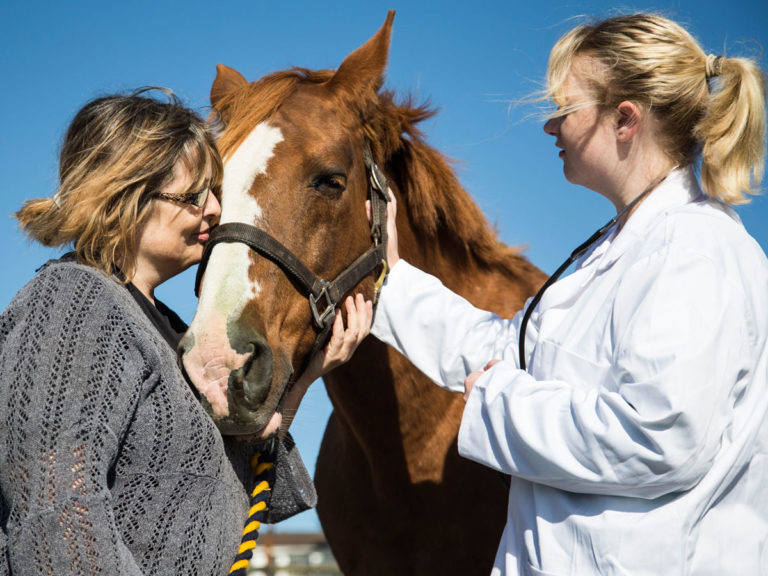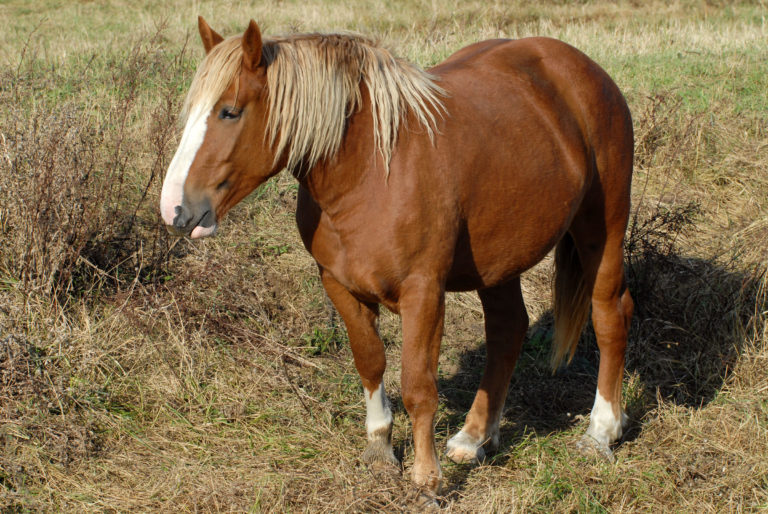The Equine Disease Communication Center (EDCC) offers alerts about equine diseases that have been confirmed by reliable sources. The following information is from the EDCC. The following reports are in chronological order from most recent to oldest from previous reports.
HITS Thermal CA Show Horse Positive for Neurologic EHV-1
A 10-year-old Warmblood gelding in San Diego County displaying neurologic signs of urine dribbling and hind limb ataxia was diagnosed as equine herpesvirus myeloencephalopathy (EHM) based on a positive test for equine herpesvirus type 1 (EHV-1) by the California Animal Health and Food Safety (CAHFS) Laboratory. The neurologic signs were first noted on Tuesday, February 7. The positive horse was stabled in Tent 21 at the HITS Show in Thermal, California, from January 21, 2017, to February 5. The EHM horse and one additional exposed horse have been quarantined at their home premises in San Diego County. CDFA has been in contact with HITS show management and veterinarians to ensure enhanced biosecurity measures are taken on the premises. CDFA recommends any exposed horses be observed for clinical signs and have temperatures taken twice daily. CDFA will continue to monitor the situation. For more information go to https://www.cdfa.ca.gov/ahfss/animal_health/equine_herpes_virus.html.
About EDCC
The Equine Disease Communication Center works to protect horses and the horse industry from the threat of infectious diseases in North America. The communication system is designed to seek and report real time information about disease outbreaks similar to how the Centers for Disease Control and Prevention (CDC) alerts the human population about diseases in people.
The goal of the EDCC is to alert the horse industry about disease outbreak information to help mitigate and prevent the spread of disease. Ultimately frequent and accurate information about diseases outbreaks improves horse welfare and helps to prevent negative economic impact that can result from decreased horse use due to a fear of spreading infection. As part of the National Equine Health Plan the EDCC will serve as part of the communication to help educate and promote research about endemic and foreign disease.
Working in cooperation with state animal health officials and the United State Department of Agriculture, the EDCC seeks information about current disease outbreaks from news media, social media, official state reports and veterinary practitioners. Once information is confirmed, it is immediately posted on this website and messages sent to all states and horse organizations by email. Daily updates are posted until each outbreak is contained or deemed no longer a threat.
The EDCC is made possible by generous donations from organizations and horse owners. Please visit our sponsors that have generously supported this program for the benefit of the health and welfare of horses. To learn how you can help go to SUPPORT.








